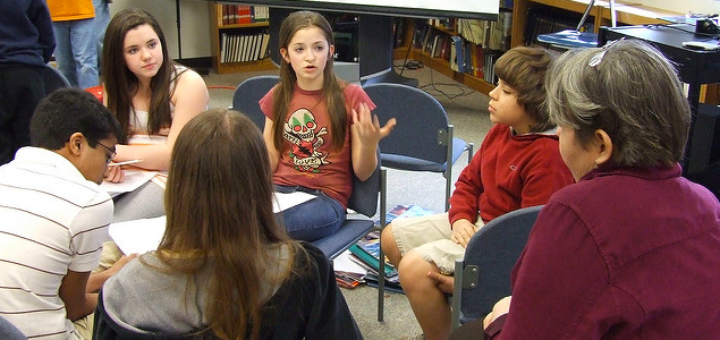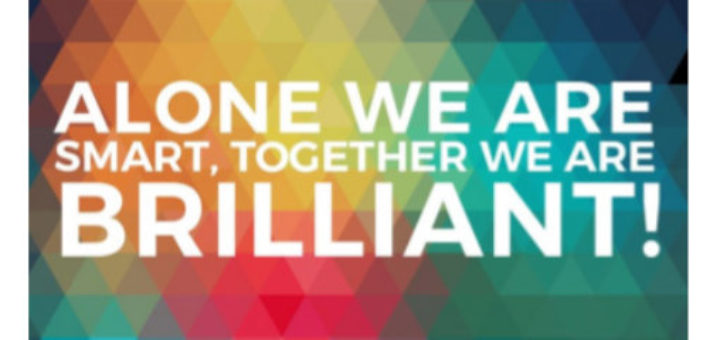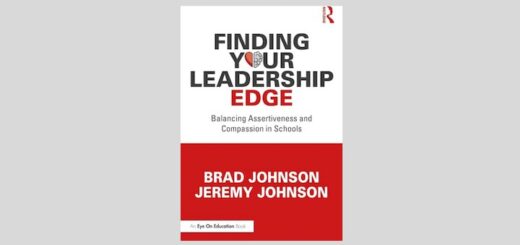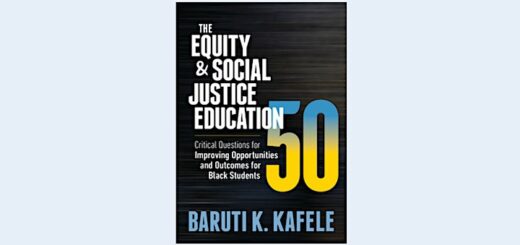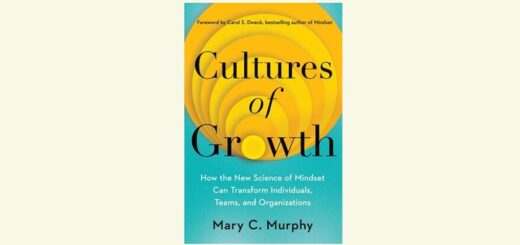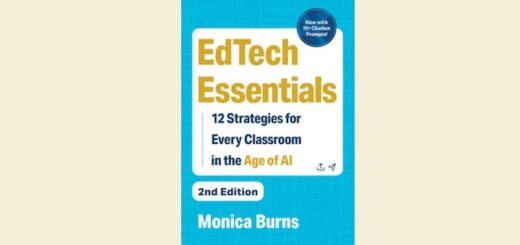Teaching and learning in grades 4-8
When students blend multimedia elements into their writing projects, interest and engagement can zoom up, writes teacher-author Sean Ruday. Ruday highlights a five-step process he uses in PD workshops to help teachers make the tech meaningful and not maddening.
As Michelle Russell revisits her start-of-school teaching goals, she decides to focus the New Year on building deeper connections with her students. Her strategies: use personal surveys and follow-up chats; glean more from parents, and confer to set challenge goals.
Now that the blizzard of late semester papers has (probably) diminished, do you feel the need for a quick fix to your class organization regimen? Author/educator Roxanna Elden avoids excessive precision in structuring a practical 5-tray process to get you started.
BRAVO Principal, with its reflection questions and support exercises, is an effective resource for keeping school leaders centered on what matters most to promote the success of each of our students in our learning organizations, writes MS principal Dennis Schug.
During 2016, each of these featured MiddleWeb posts enjoyed at least 10,000 reads by middle grades educators. Some were visited by as many as 60,000. We’re sure you’ll find something useful here as you “learn forward” and prepare yourself for the new year.
Reviewer Laura Von Staden believes every educator can gain innumerable resources and make valuable connections by using Twitter. She highlights some of the basic and advanced Twitter tips in this book by teacher-experts Brad Currie, Billy Krakower and Scott Rocco.
Using a model based on three decades of research into the operations of the human mind, Robert and Jana S. Marzano help teachers understand how and why they and their students react in specific situations. It’s well worth the challenging read, says Ashley Pursley.
It’s time, writes teaching coach Elizabeth Stein, for co-teachers to take a strong, visible and audible stance on behalf of those students “who have been on your mind every day since school began.” Co-teachers need to become social justice leaders in the classroom.
Before middle school students can become lovers of stories and savvy assessors of fake news and false claims, they must be creative readers who comprehend texts at high levels and empathize with characters and people, says literacy expert and advocate Laura Robb.
More and more, state and national standards call on all educators to become “teachers of literacy.” ELA teacher Kevin Hodgson shares how he and his 6th grade colleagues in science, social studies and math are figuring out what this will mean in their classrooms.









